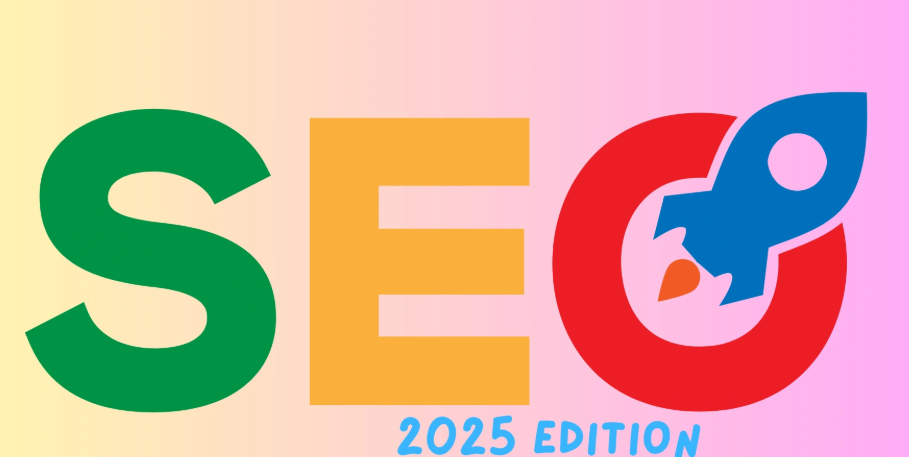The June 2025 Google core algorithm update focuses on semantic understanding (MUVERA technology) and content quality (E-E-A-T dimensionality upgrade), combating low-quality AI content and promoting high-quality pages that precisely match user intent. Strategies: Strengthen author qualifications, original case studies, and structured data; optimize page speed and navigation hierarchy; and continuously monitor traffic fluctuations.
The June 2025 Google core algorithm update focuses on semantic understanding (MUVERA technology) and content quality (E-E-A-T dimensionality upgrade), combating low-quality AI content and promoting high-quality pages that precisely match user intent. Strategies: Strengthen author qualifications, original case studies, and structured data; optimize page speed and navigation hierarchy; and continuously monitor traffic fluctuations.
· Evolving from a single algorithm to multiple search methods: Moving beyond the complex Google algorithm, the focus will be on in-depth AI search and social search.
· Strengthening EEAT principles (Expertise, Entity, Authoritativeness, and Trustworthiness): High-quality content remains a priority, but more authentic signals are needed.
· Impact of recommended experiential search: Google has added Search Generative Experience (SGE), which generates search results, requiring adaptation to more proactive text and image structures.
· Multi-channel, large-scale implementation: Social media is no longer just a platform: Searches for TikTok, YouTube, and Reddit have entered the SERP (search results page), creating a new development model for SEO.

Which websites are most affected? The worst-performing sites this time basically fall into the following categories:
✅ Relying solely on AI to generate content in batches, without secondary polishing and industry experience.
✅ High content duplication rate, redesigned content, without actual data or case support.
✅ Templates are used in batches for sub-sites, with almost no difference except for the city name.
✅ Incomplete information on the homepage or product page, no contact information, no brand endorsement, and no customer cases.
✅ External links are all faked, with no real cooperation or real media coverage.
E-E-A-T authority is upgraded again
Since last year, Google has been emphasizing "the experience and professionalism of content creators." In 2025, this will become even more important.
What is E-E-A-T?
✔️ Experience: Do you have real-world usage, testing, and case studies?
✔️ Expertise: Is your content professional, in-depth, and instructive?
✔️ Authoritativeness: Are your brand, website, and author recognized in the industry?
✔️ Trustworthiness: Do users trust you and is your website secure?
So what should you do?
✅ Include an author bio in your article, showcasing years of experience, position, and certifications.
✅ Incorporate real-world company examples and customer stories.
✅ For product articles, include high-definition factory or usage photos.
✅ Invite customers to leave reviews on your website to build trust.
